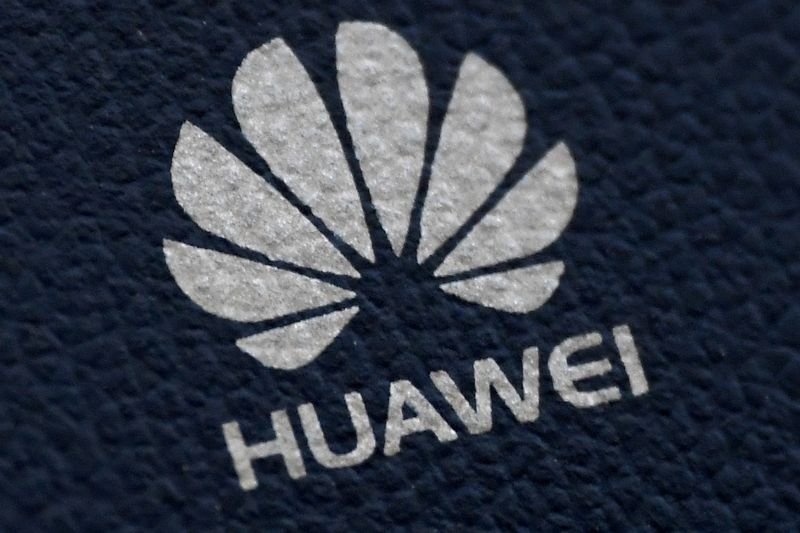WASHINGTON (Reuters) - The Pentagon is likely to back new U.S. restrictions on Huawei Technologies, reversing earlier opposition to a proposal meant to further crack down on exports to the blacklisted Chinese company, a person briefed on the matter told Reuters on Wednesday.
The reversal would make it harder for U.S. companies to get around the effective ban on exports to Huawei, the world's second-largest smartphone maker.
Commerce Secretary Wilbur Ross recently called Defense Secretary Mark Esper to discuss the issue and a meeting on it is expected next week, the source said. A higher-level meeting will take place on Feb. 28, when U.S. officials will discuss further curbing technology exports to China and Huawei.
The Commerce Department said Wednesday it "continuously reviews and updates export controls to address the challenges of accelerating technology diffusion and innovation."
The department added that the "scope of the current de minimis threshold for controlled items, as well as the foreign direct product rule, to listed entities, are controls under review."
Politico first reported the Pentagon's likely reversal earlier, citing people familiar with internal deliberations.
The Department of Defense did not respond to requests for comment.
The Trump administration added Huawei to an economic blacklist in May last year, citing national security concerns.
In blacklisting the company, the U.S. government had said it had a "reasonable basis to conclude that Huawei is engaged in activities that are contrary to U.S. national security or foreign policy interests."
Huawei has repeatedly denied the accusations.
Reuters reported in November that the United States might expand its power to stop more foreign shipments of products with U.S. technology to Huawei. This could allow authorities to regulate sales of non-sensitive items to Huawei, such as standard cell phone chips, made abroad with U.S.-origin technology, software, or components.
If U.S. export control rules are revised, trade lawyer Doug Jacobson said it could lead to some lost sales by U.S. companies.

"But at the end of the day it will not limit Huawei’s ability to manufacture the goods in China that they need to supply their customers," Jacobson said.